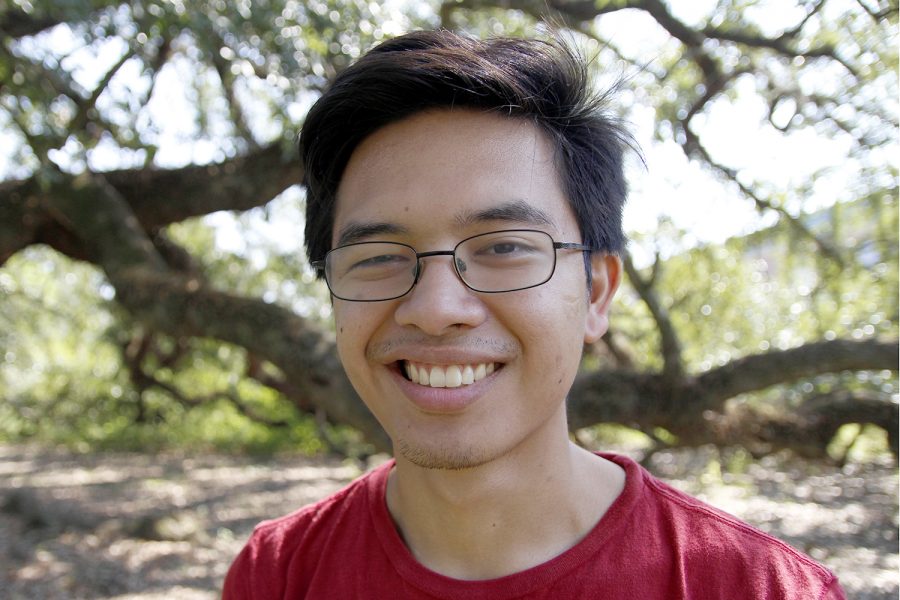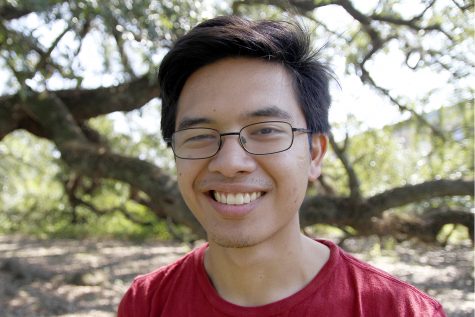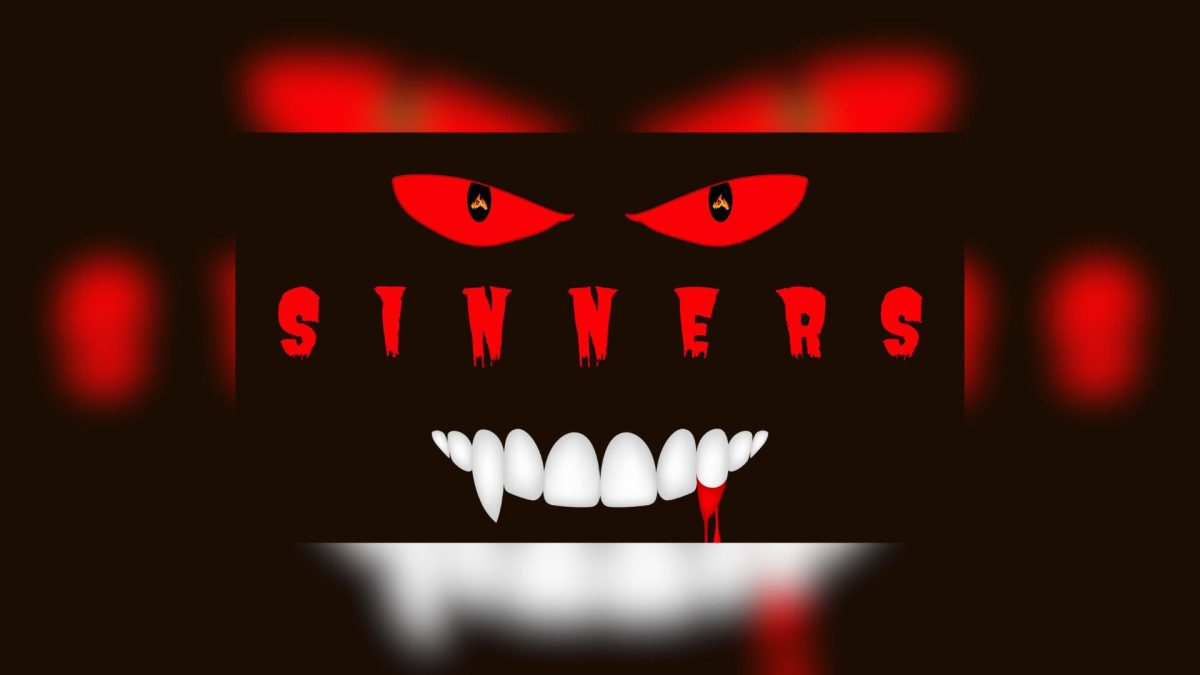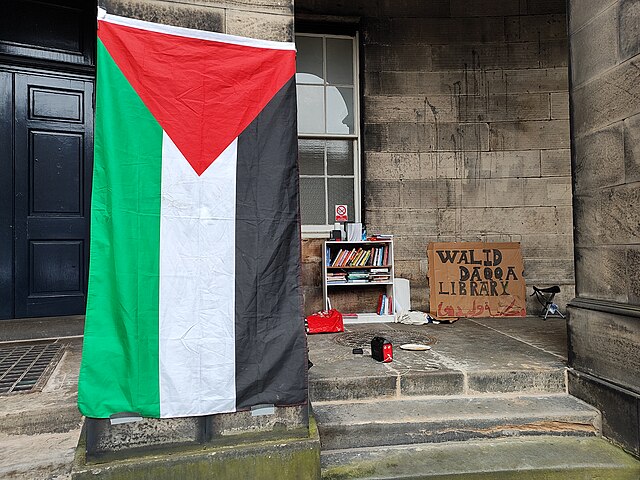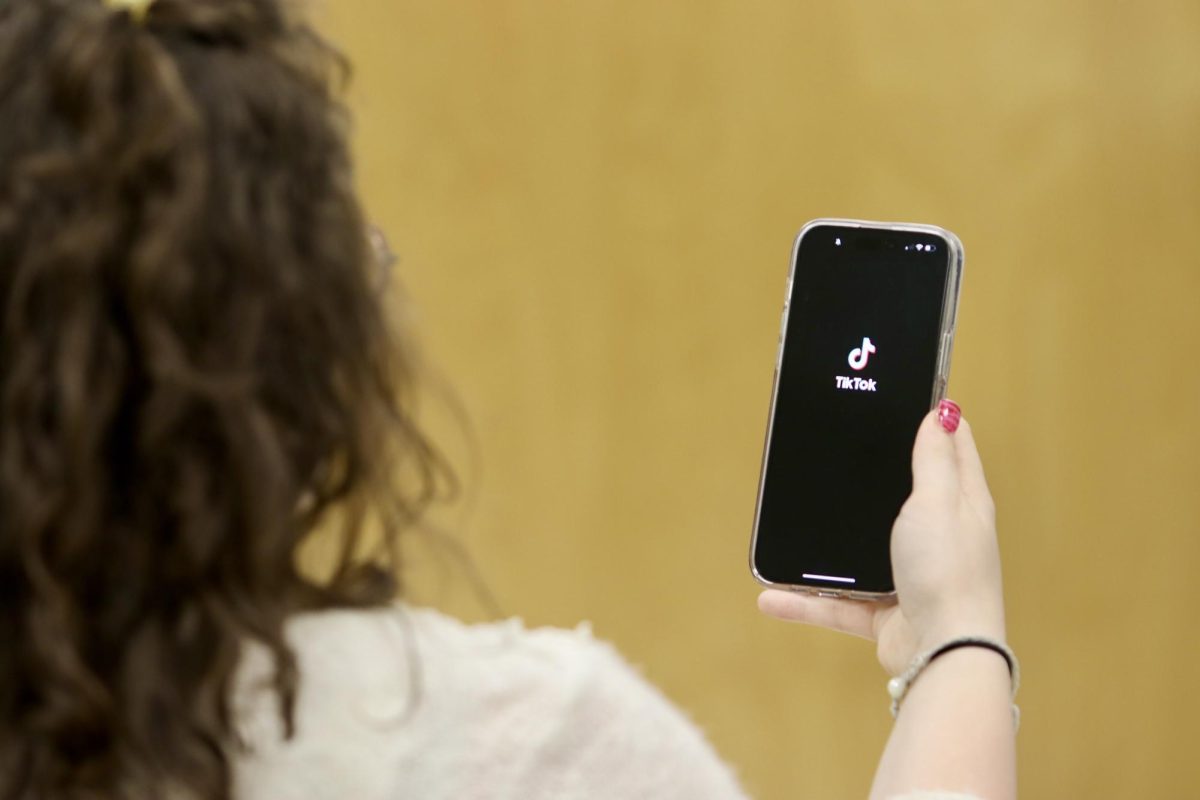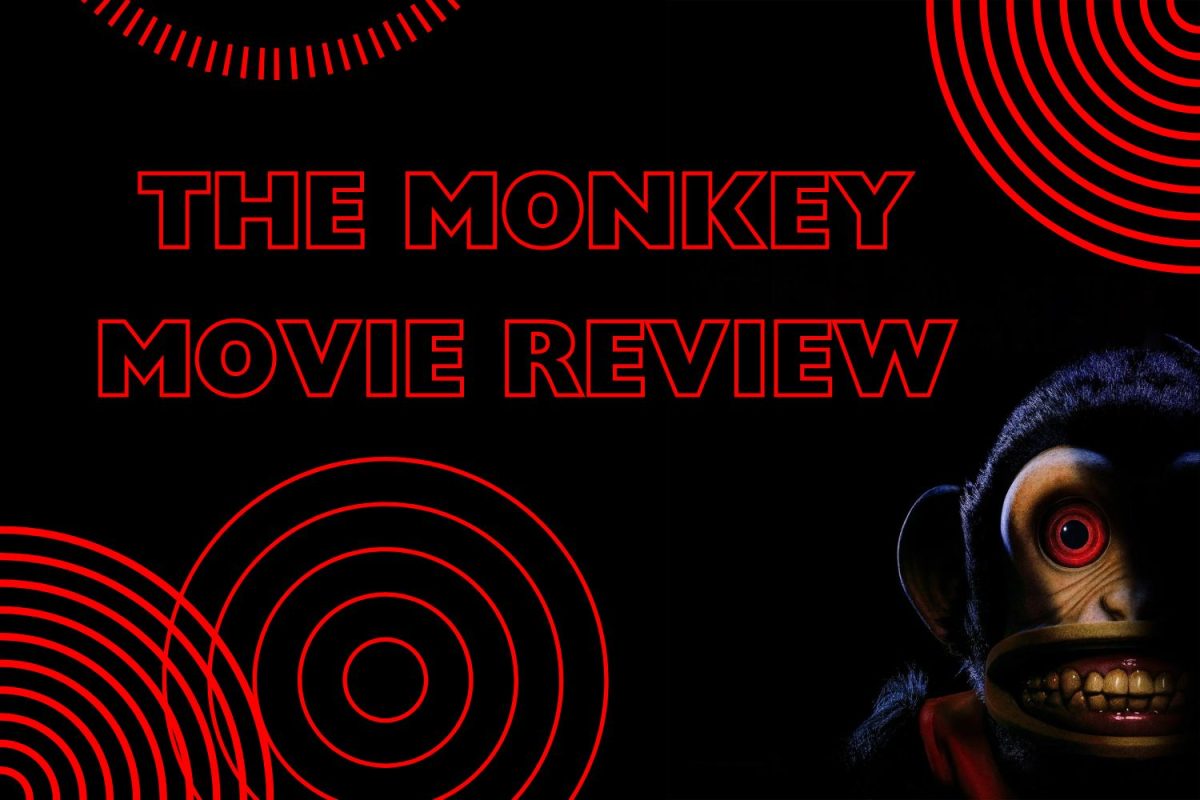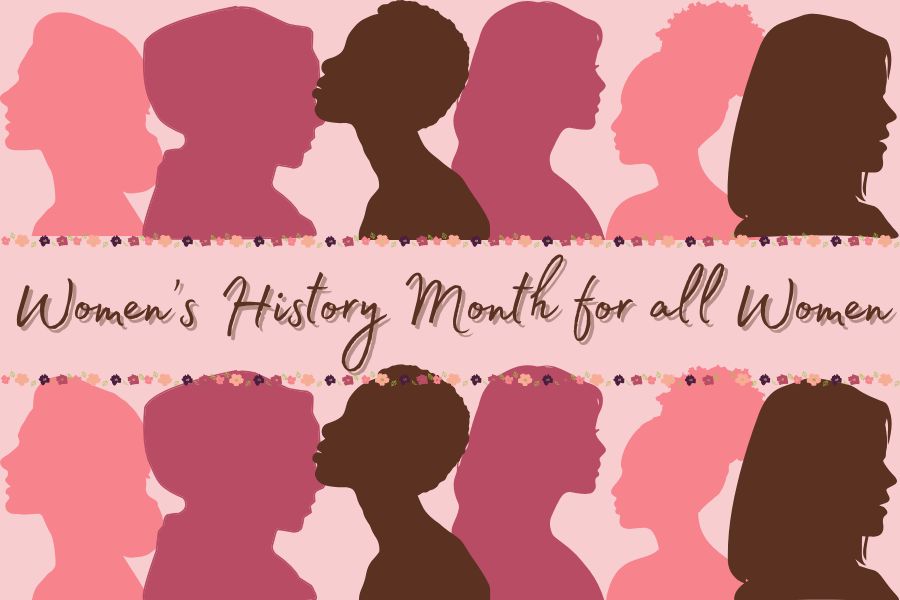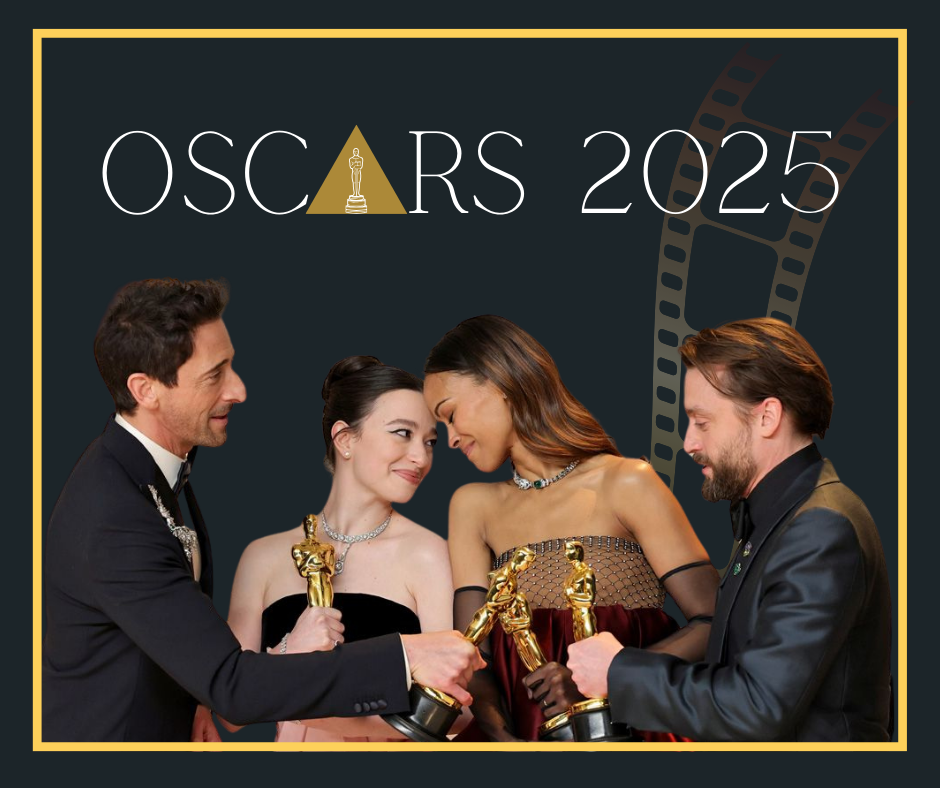Everyone loves a rebel, so long as it is convenient that is.
As we celebrate Black History Month and remember Martin Luther King Jr. and civil disobedience, it appears many people forget how the movement brought us here. We may know the outcome, from middle school social studies and, well, the fact that white men are not the only ones who can vote. However, how we got here still appears to be as arcane as the popularity of Saturday Night Live’s Pete Davidson. Society obviously reaped benefits from the civil rights movement, but public perception of modern protests does not reflect this.
From pundits and that one “political aficionado” in class, discussion about any form of protest, whether an example of civil disobedience or not, permits talk of agreeing to disagree and maintaining some form of civility or etiquette. Everyone likes to promote civil disobedience until it is inconvenient or makes them feel bad.
The argument follows that modern protests consist of troublemakers who are prone to violent and disagreeable acts. They point to King and Mahatma Gandhi to say the protests themselves changed in nature.
In my opinion, all of these people misconstrue Gandhi, King and the entire civil rights movement. These people believe change happened with everyone being polite and fighting hate with love like some bad high school play about hippies. We have narrow memories of our history, selecting the good and dismissing the distasteful. We like to think of what King and others achieved, but we conveniently leave out details.
People viewed King as an extremist, and for all the nonviolence he is remembered for, they considered him a danger. Even those who agreed with the civil rights movement believed the way they were doing it was flawed.
A Gallup poll conducted in August 1963 found that 23 percent of people familiar with the civil rights rally that was to be held in Washington D.C. had a favorable view of it, and in May 1964, Gallup recorded 16 percent of Americans believed the mass demonstrations would help racial equality. Governor John Patterson of Alabama called the Freedom Riders “rabble-rousers” and described King as a “menace to the peace of this city.” Do we imagine that people considered African-Americans refusing to move to the back of the bus or leave lunch counters to be polite?
This argument functions as a tool to dismiss protests without a second thought. It is a way to try to gain the moral high ground without actually doing anything. It is not a form of constructive criticism.
For those genuinely wondering where civility went, it never existed in the first place, at least not in the manner proposed, not in the form of passive acceptance. As far as a timid act of nothing, civility was only ever an idea proposed by people in authority. That civility was called an animal and separated from its parents. That civility watched as classmates were gunned down. That civility was told it could not get married or serve in the military. That civility was called a terrorist for the color of its skin. That civility was grabbed by the pussy and told to shut up. That civility was shot by the police again.
The fight for social justice wages on as it always will, and not all forms of protest, now or before, belong to civil disobedience. Yes, not every protest today holds up to the same principles as civil disobedience in the 1950s and 1960s, but they do not feel as drastically different as some would like to believe. Disagree with the message if you must. Be honest that you do not care for the protestors rather than hide behind the claim that if they were nicer, everything would be fine.
A tenet of civil disobedience is not simply refusing to obey an unjust law but to accept the consequences of those actions. By doing so, the aim of this protest is to bring attention to the injustice. That does mean breaking a law, which some would forget. Nonviolence does not equal courtesy. Civil disobedience is not the same as civility.
With a whole month reminding us of King, the civil disobedience he is known for, and so much more, modern protests should not be judged on a fictional civility principle. Many things are left for us to learn from that time including how much public perception matters to a protest.


